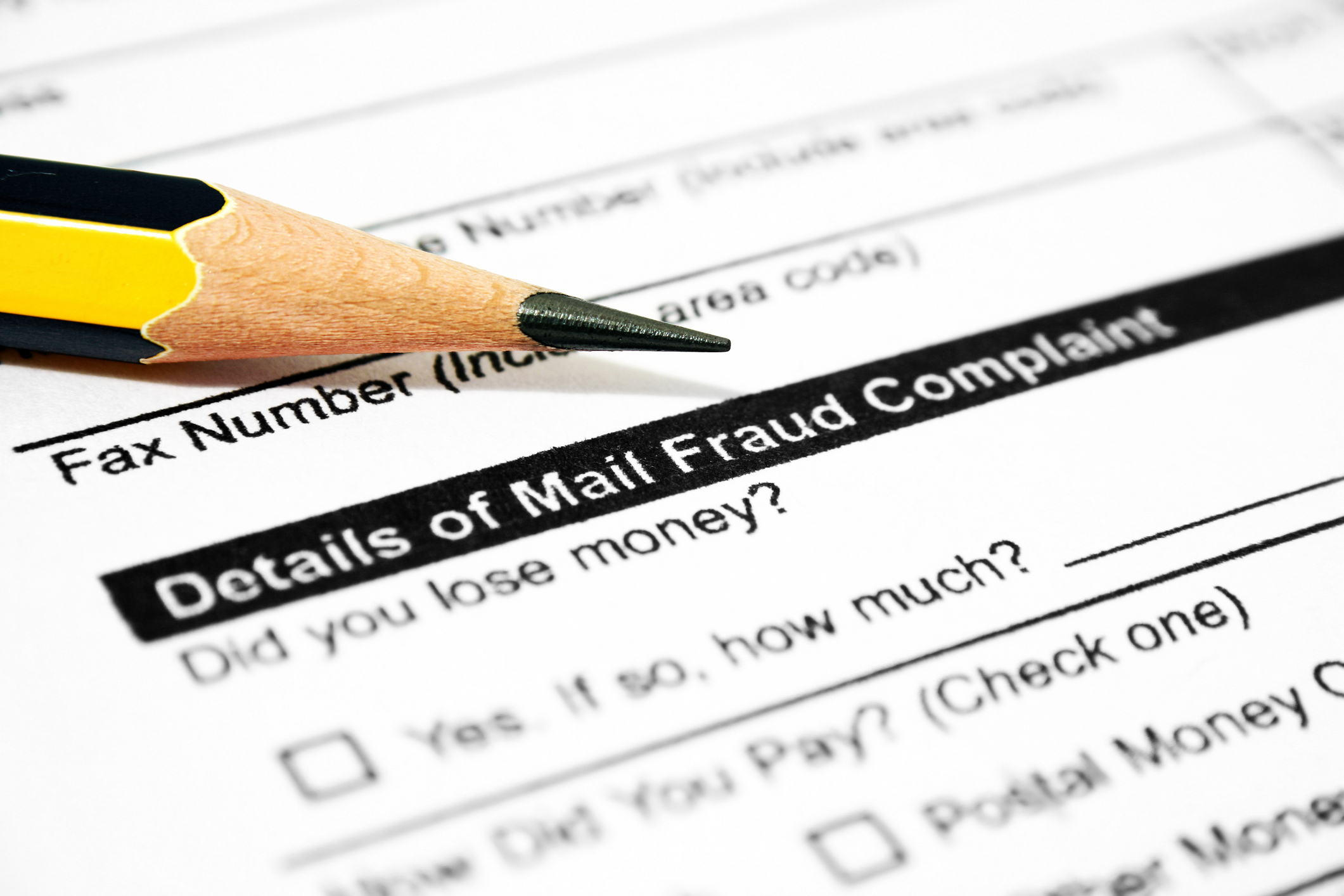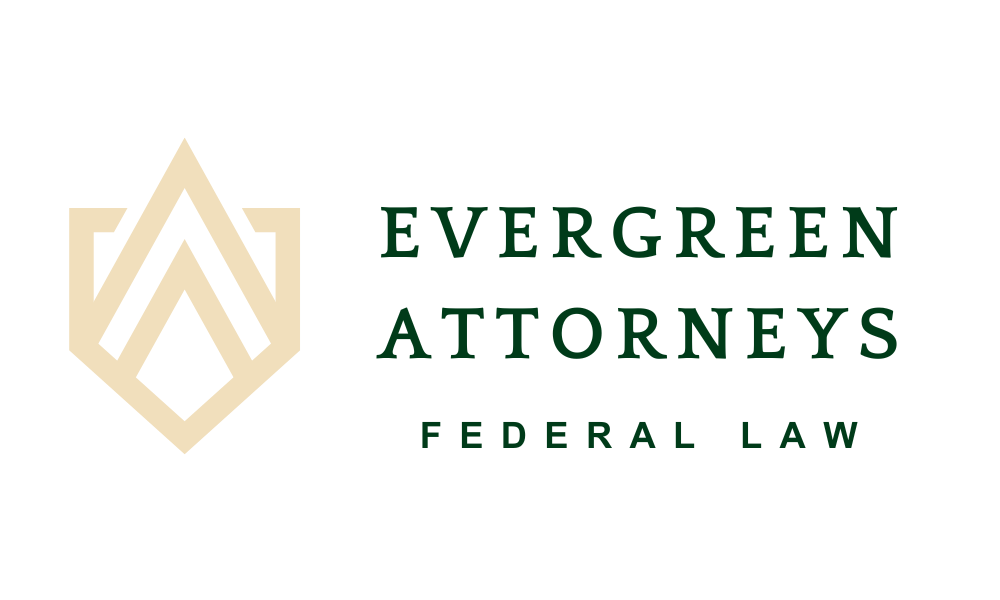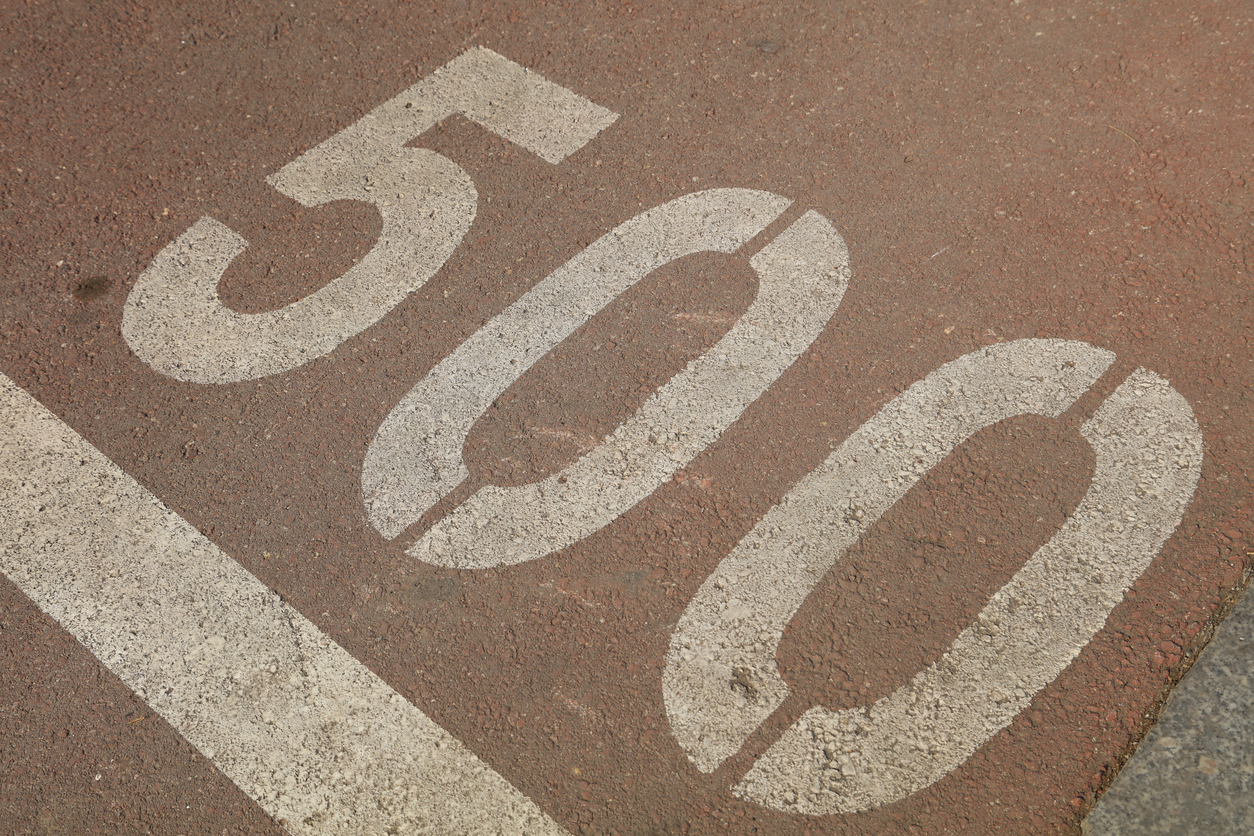Share
Share

Can the government charge a person with wire fraud even where there was no economic loss? The Supreme Court says it can. In its recent decision in Kousisis v. United States, the Supreme Court sided with the minority of circuit courts and held that economic loss is not a requirement for the government to obtain a wire fraud conviction. Read more about the case and potential impacts the Kousisis decision will have on federal fraud cases.
What is Kousisis all about?
The question presented in Kousisis is whether a wire fraud conviction can stand even when the government admits that there has been no economic loss. This is a question that has percolated in the lower courts for decades and has been met with mixed results.
In Kousisis, the Pennsylvania Department of Transportation (PennDOT) awarded Kousisis two contracts for painting projects in Philadelphia. Under federal regulations, contract awardees are required to subcontract a portion of every contract to a disadvantages business enterprise. Kousisis falsely represented that he would obtain its paint supplies from a prequalified disadvantaged business owner. Kousisis performed the painting projects and PennDOT was satisfied.
However, United States federal prosecutors subsequently charged Kousisis with wire fraud and wire fraud conspiracy on the premise of the “fraudulent-inducement theory.” In other words, the charges alleged Kousisis had induced PennDOT to award the painting contract under “materially false circumstances.” Kousisis was convicted at trial and moved for judgment of acquittal on the basis that PennDOT had received the full economic benefit of its bargain. The United States Court of Appeals for the Third Circuit affirmed Kousisis’ conviction, joining the minority of circuit courts to hold that economic loss was not a requirement for a wire fraud conviction. Kousisis petitioned the U.S. Supreme Court which granted certiorari last year.
What is Wire Fraud and Wire Fraud Conspiracy?
Wire fraud is defined under 18 U.S.C. § 1343 as follows:
Whoever, having devised or intending to devise any scheme or artifice to defraud, or for obtaining money or property by means of false or fraudulent pretenses, representations, or promises, transmits or causes to be transmitted by means of wire, radio, or television communication in interstate or foreign commerce, any writing, signs, signals, pictures, or sounds for the purpose of executing such scheme or artifice, shall be fined under this title or imprisoned not more than 20 years, or both. If the violation occurs in relation to, or involving any benefit authorized, transported, transmitted, transferred, disbursed, or paid in connection with, a presidentially declared major disaster or emergency . . . or affects a financial institution, such person shall be fined not more than $1,000,000 or imprisoned not more than 30 years, or both.
Wire fraud conspiracy is found under 18 U.S.C. § 1349, which makes it a federal offense for “Any person who attempts or conspires to commit any offense under this chapter[.]”
What is the Fraudulent-Inducement Theory?
Put simply, the “fraudulent inducement” occurs when one party makes material misrepresentations that another party relies on in making a contract. In order for the fraudulent inducement theory to apply to wire fraud cases, the Supreme Court indicated that the scheme must target some sort of tangible interest. If the scheme targets an intangible interest, the fraudulent inducement theory is inapplicable.
What have the Circuit Courts Held?
Whether economic loss and the fraudulent inducement theory applies to wire fraud offenses has been addressed by several circuit courts for decades. At the time of the Kousisis decision, four circuit courts had held that economic loss is not required in order for the government to convict someone of wire fraud. United States v. Kousisis, 82 F.4th 230 (3d Cir. 2023); United States v. Leahy, 464 F.3d 773 (7th Cir. 2006); United States v. Granberry, 908 F.2d 278 (8th Cir. 1990); United States v. Richter, 796 F.3d 1173 (10th Cir. 2015).
On the other side of the split, five circuit courts held that economic loss is a necessary element of wire fraud conviction. United States v. Shellef, 507 F.3d 82 (2d Cir. 2007); United States v. Sadler, 750 F.3d 585 (6th Cir. 2014); United States v. Bruchhausen, 977 F.2d 464 (9th Cir. 1992); United States v. Takhalov, 827 F.3d 1308 (11th Cir. 2016); United States v. Guertin, 67 F.4th 445 (D.C. Cir. 2023).
What did the Supreme Court hold in Kousisis?
The Supreme Court held in Kousisis that a defendant who induces a victim to enter into a transaction under materially false pretenses may be convicted of federal fraud even if the defendant did not seek to cause the victim economic loss. The Court noted that the wire fraud statute does not mention economic loss, nor require it. Rather, the Court found that a “scheme may still constitute wire fraud even if the defendant provides something of value in return.”
How will Kousisis affect wire fraud charges?
The decision in Kousisis will make prosecuting federal wire fraud charges easier for the government in jurisdictions that previously held economic loss to be a necessary requirement to obtain a conviction. The decisions in the Second, Sixth, Ninth, Eleventh, and D.C. Circuit Courts have now been overturned by Kousisis.
Under Kousisis, the government can obtain a wire fraud conviction by showing a material misrepresentation, even if the victim suffered loss and received the economic benefit they bargained for.
Contact Evergreen Attorneys Today
The Kousisis decision makes it easier for the federal government to charge and convict a person of committing federal fraud. If you or a loved one are being investigated for, or charged with, federal fraud, contact the lawyers at Evergreen Attorneys today to discuss your case. We can be reached at (303) 948-1489 or by email at [email protected].
David Boyer
It was David’s passion for the law and helping others that led him to becoming an attorney. He particularly enjoys appellate and post-conviction work.
David is proud to offer representation nationwide from his office in Plano, Texas.
STAY IN THE LOOP
Subscribe to our free newsletter.
Colorado Healthcare Fraud Investigations Colorado [...]
The OIG’s Audit of the [...]





